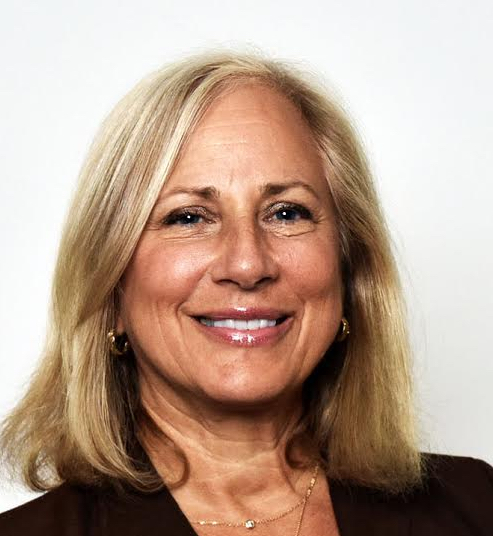Senior Assistant DA Teresa Fabi to retire after more than three decades of service to Brooklyn

Senior Assistant District Attorney for Kings County Teresa Fabi has certainly led an interesting life. During her illustrious career, she has served under four different district attorneys, and watched some of Brooklyn’s communities transform from dangerous crime-ridden neighborhoods to the highly desired and sought-after places they are today. And while she is now officially retiring, it’s safe to say that Fabi had a lot to do with helping to precipitate some of these changes, and all for the better.
Originally from Scranton, Pennsylvania, she was the third of six children born to Italian-American parents. Her father was a cardiologist and wanted her to follow in his footsteps and become a doctor. After graduating from St. John’s College in Annapolis, Maryland, Fabi moved to Philadelphia where she became an administrative assistant to a research neurologist, while still planning to pursue a career in medicine. But in 1982, she enrolled in Temple University School of Law, and between 1983 and 1984 she interned at the office of then-District Attorney Ed Rendell in Philadelphia. She admits that prior to that, she had no idea what a DA did, but she was immediately smitten with the job.
Upon receiving her Juris Doctor degree from Temple, Fabi was offered a position in the Brooklyn DA’s Office. She made the move to Brooklyn in 1985, passed the New York Bar Exam and began her career in August of that year. She was one of 65 ADA’s in the Class of ’85 hired by then-Kings County DA Elizabeth Holtzman.

Brooklyn Boro
View MoreNew York City’s most populous borough, Brooklyn, is home to nearly 2.6 million residents. If Brooklyn were an independent city it would be the fourth largest city in the United States. While Brooklyn has become the epitome of ‘cool and hip’ in recent years, for those that were born here, raised families here and improved communities over the years, Brooklyn has never been ‘uncool’.